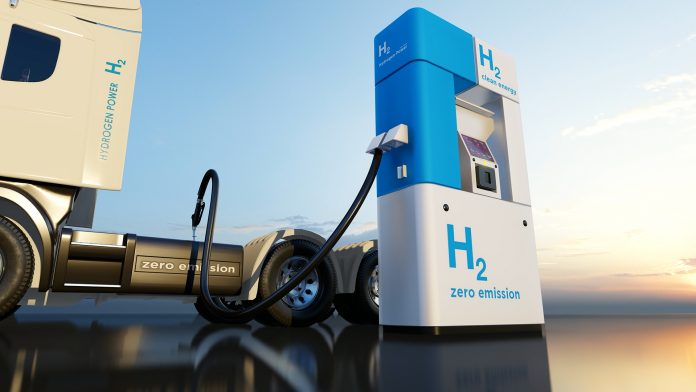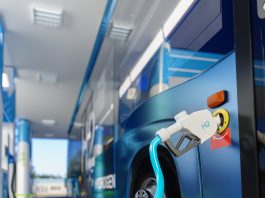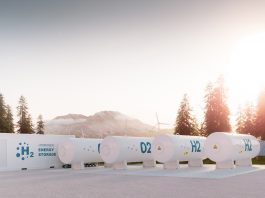The EU programme, Connecting Europe Facility (CEF), has granted the STRING chair €12.4 million in funding to construct 12 new hydrogen fuel stations across European borders, titled Project ‘GREATER4H’.
The project oversees the development of hydrogen fuel stations across the borders of Germany, Denmark, Sweden and Norway. Heavy-duty vehicles will be able to shift to hydrogen fuel, leaving diesel trucks in the past from 2025, while vehicles already powered by hydrogen will be able to refuel en-route.
Construction of new hydrogen fuel stations
The project was developed under the STRING chair of Land Schleswig-Holstein, which will coordinate the GREATER4H project as lead partner.
The hydrogen fuel stations will be built by private partners GP JOULE, Everfuel and Hynion and will be located between Hamburg and Oslo.
Quantron, Ørsted and RENOVA have joined GREATER4H as associated partners to contribute unique perspectives on the supply of green hydrogen, fuel cell technology and end-user perspective as users of hydrogen fuel-powered trucks.
What GREATER4H means for the future of the environment
The development of the new fuel stations is a huge step towards a zero-emission revolution in road transport.
Hydrogen vehicles are able to refuel in five to 12 minutes, which makes it possible to transport goods and people without the logistical challenges of charging battery-operated vehicles. Hydrogen-fuelled vehicles are also silent, with their only by-product being water.
Through establishing new hydrogen fuel stations, the project partners of GREATER4H are providing an opportunity to put an end to fossil fuels, while eliminating hazardous particle pollution and CO2 emissions from the transport sector.
The GREATER4H project will make Northern Europe a global frontrunner in the transition to zero-emission transport by accelerating the deployment of hydrogen vehicles across the entire megaregion.









